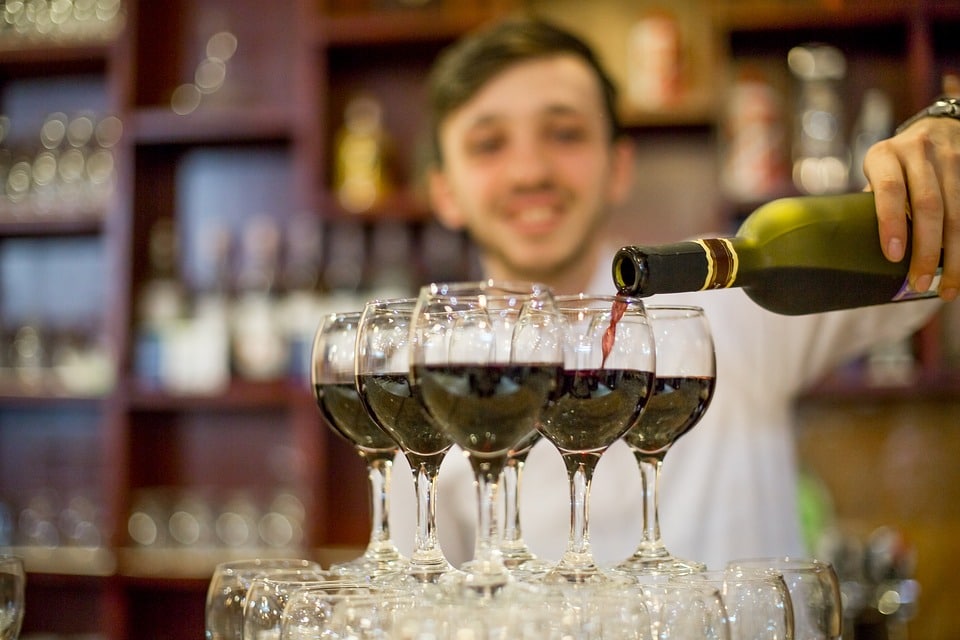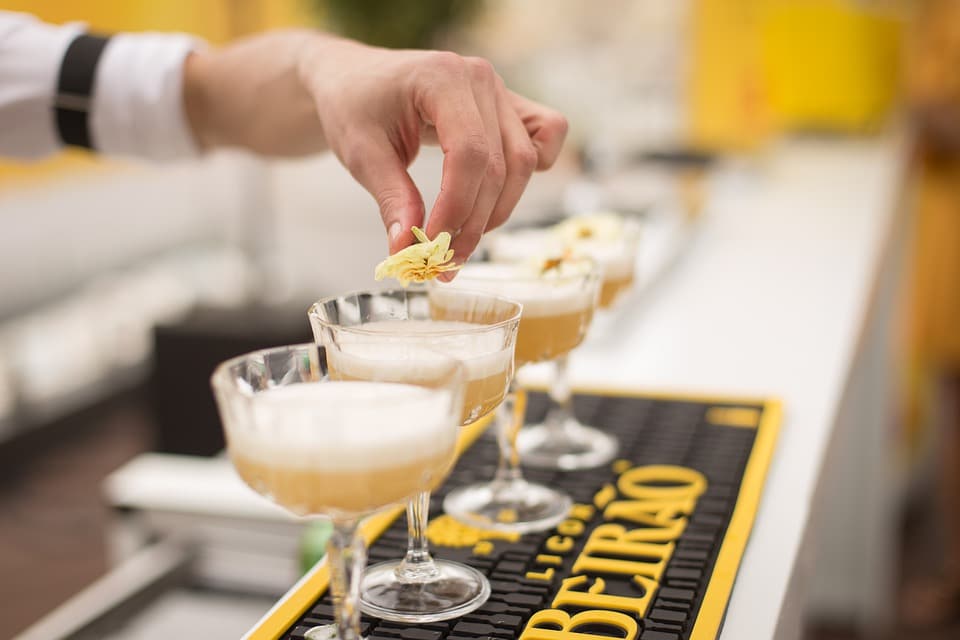
*Mixology is the art and science of preparing mixed drinks. It’s an old word with a new meaning that has been gaining traction in recent years.
With more people starting to enjoy spirits, cocktails, wine, and beer, it’s no surprise that mixologists are becoming a sought-after profession all over the world.
We will cover the basics of mixology, including types of liquor, glassware used in bartending, equipment needed for mixing drinks at home, and more!
This article talks about what “mixology” means and how to become a professional mixer.
How to Become a Mixologist
There are several ways to become a professional mixer at home or even start your own business providing mixes. Also, you can hire a bartender with Spin and Shake to make your party delightful.
Liquor Types
The first step towards becoming a successful mixer is knowing which types of liquors are preferred by consumers when mixing drinks. Some popular choices include vodka (flavored too), gin, whiskey (including bourbon and rye), tequila/mezcal, rum, cognac, and brandy. Each type of liquor has a distinct flavor and is used most often in specific drinks. For example, gin flavors martinis; tequila is the main ingredient for margaritas or other Mexican cocktails; whiskey is combined with cola to make an old-fashioned highball–the possibilities are endless!
Glassware Used In Bartending
When mixing at home, it may be necessary to use multiple glasses depending on what you’re making. Most drink recipes call for both glass and shaker because many alcohols need ice to cool them off before mixing them into a cocktail. Some popular options include: rocks/low ball – typically holds about four ounces; Collins (highball) – eight-ounce glass that tapers towards the top; martini – eight-ounce glass with a stem and wide base that is tilted at an angle to catch the olive or lemon garnish.
MORE NEWS ON EURWEB: Billy Porter to be Honored at The Elizabeth Taylor Ball to End AIDS

Equipment Needed For Mixing Drinks At Home
Most mixologists use specialized equipment when mixing drinks, while others can get away without it–especially if they’re making only one drink for themselves! Some of the most common tools include jigger/shot glass (holds about one ounce), cocktail strainer, muddler, shaker tin set (allowing two people to shake cocktails together), and citrus press. Many other options are available on websites like Amazon if you want something more professional-grade in your home bar.
Mixology has been gaining popularity over recent years, especially as people have started to enjoy more types of drinks. It is a fun way to entertain your friends and family while also impressing them with great mixes every time!
Mixologist vs. Bartender: What’s the Difference?
It is hard to say what “mixology” means because it can be used as a synonym for bartending. But there are differences between the two jobs. Bartenders usually work in bars, and mixologists usually work in nicer restaurants or hotels.
A bartender serves alcoholic drinks in amazing mobile bars or restaurants, while mixologists are bartenders who have mastered an array of drink recipes. Most people working as bartenders don’t know how to make complex cocktails and instead focus on basic mixes like gin/tonics or rum punches. A mixologist can whip up more complicated concoctions faster than anyone else because they understand what flavors go well together–and which ones don’t! They may even use unique ingredients such as bitters when making their drinks for added flare.
Conclusion
Mixologists are professional bartenders who make drinks and cocktails. They’re experts in the art of making mixed alcoholic beverages with an assortment of ingredients, such as spirits, liqueurs, mixers, fruit juices or sodas. Their knowledge and skill are so highly valued that many establishments will hire only mixologists to work their bar because they want someone who knows how to create various complex drinks without error. If you think you have what it takes to become a mixologist yourself someday, we hope this guide will help you.
We Publish News 24/7. Don’t Miss A Story. Click HERE to SUBSCRIBE to Our Newsletter Now!





